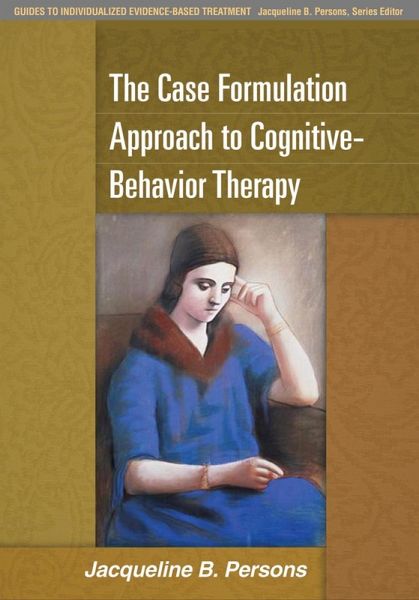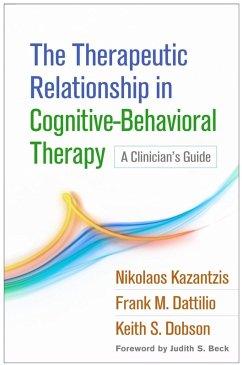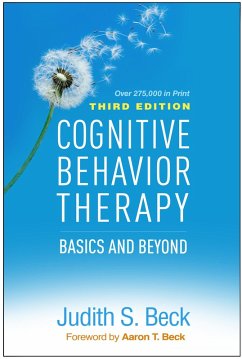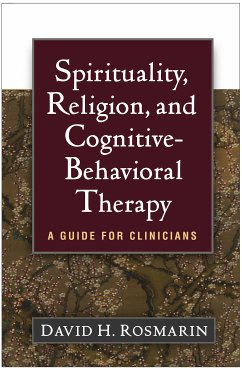
The Case Formulation Approach to Cognitive-Behavior Therapy (eBook, ePUB)
Versandkostenfrei!
Sofort per Download lieferbar
31,95 €
inkl. MwSt.
Weitere Ausgaben:

PAYBACK Punkte
16 °P sammeln!
This book addresses a critical challenge in evidence-based psychotherapy: how to use empirically supported therapies (ESTs) in real-world clinical contexts. The author explains the basic theories of cognition, learning, and emotion that underlie available ESTs and shows how the theories also guide systematic case formulation. By crafting a sound formulation and continually refining and monitoring it as treatment progresses, the therapist can smoothly "shift theoretical gears" and weave together elements of different ESTs to meet the needs of individual patients, who typically present with mult...
This book addresses a critical challenge in evidence-based psychotherapy: how to use empirically supported therapies (ESTs) in real-world clinical contexts. The author explains the basic theories of cognition, learning, and emotion that underlie available ESTs and shows how the theories also guide systematic case formulation. By crafting a sound formulation and continually refining and monitoring it as treatment progresses, the therapist can smoothly "shift theoretical gears" and weave together elements of different ESTs to meet the needs of individual patients, who typically present with multiple problems. Hands-on tools, reproducibles, and many concrete examples are included.
Dieser Download kann aus rechtlichen Gründen nur mit Rechnungsadresse in A, D ausgeliefert werden.













